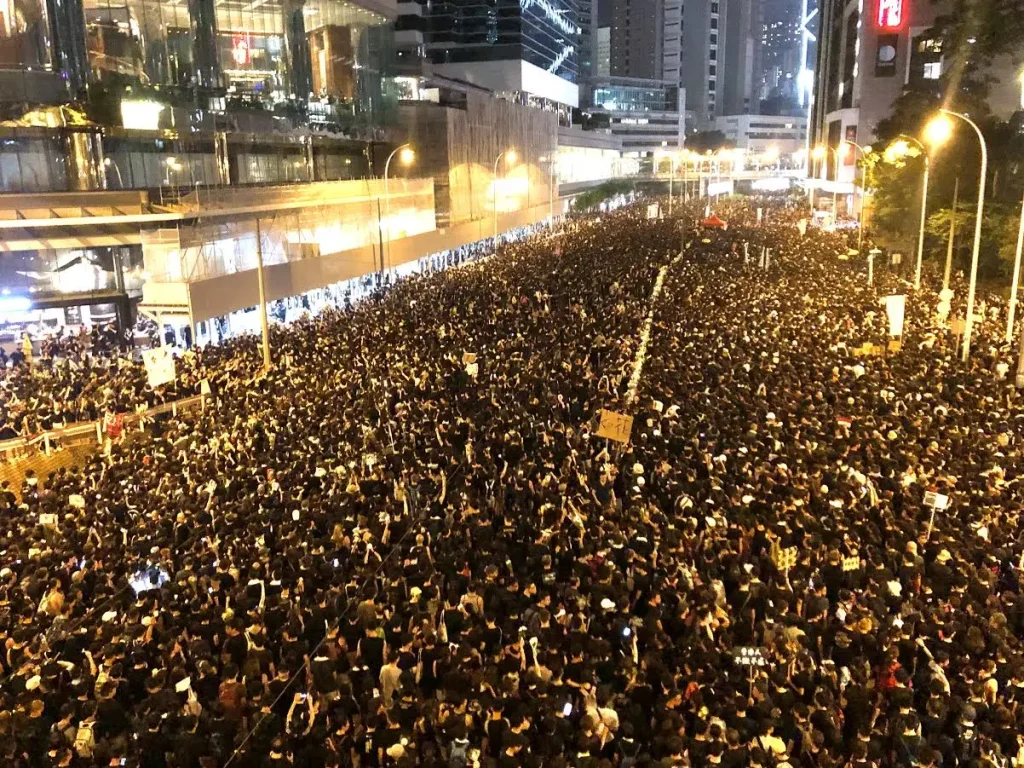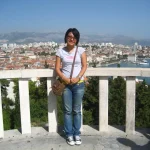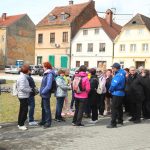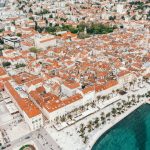The recent TCN article What Happens When a Foreigner Writes Positively about Living in Croatia? has had my inbox a little fuller than usual, with some very interesting contributions. Among them, Valeria Teo, a Split resident for more than a decade after originating from Hong Kong. Here is her very interesting Hong Kong perspective.
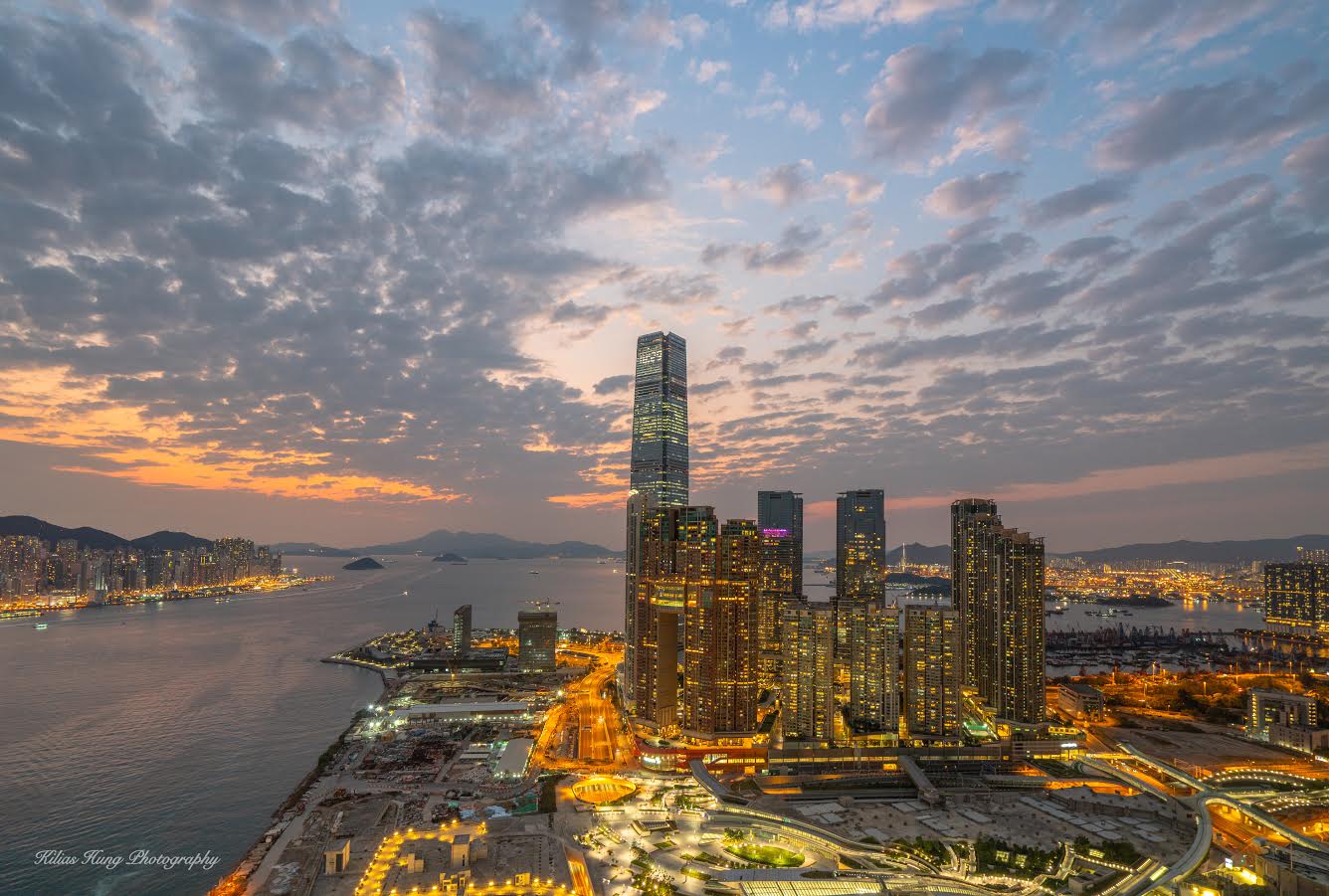
{Photo credits Kilias Hung)
I read this interesting article about what happens when a foreigner writers positively about Croatia as I am entering my 11th year of living in Croatia. In case these questions start popping up in the minds of some local readers, they may rest assured that I am not a millionaire, nor was I running from something in my own country 10 years ago (this may change now but more on that later) and never have I worked for any intelligence agency. It hit me a few days later that these little amusements could actually be serious disclaimers. A new perspective has started to dawn on me. This Croatian negativity on foreigners choosing to live in this country suddenly makes sense to me. What I mean is that I have started to feel the hurt when Croatian people ask foreigners those questions. The 10-year residency here certainly helps me understand the reasons. But I grasp it on an emotional level, strangely, because of what is going on in Hong Kong, the city I have left behind.
When I turned up in places, like a klapa concert or the 100th birthday for Hajduk in Poljud, 10 years ago, local people did not expect to see foreigners, let alone an Asian face. I was answering those typical questions over and over again for quite some time. While having a Croatian husband eased some suspicion, my main reason for moving here raised other eyebrows. They could not understand why a country with an unemployment rate over 20% was a better place to raise kids than a city with almost no unemployment at that time. They saw no future for my son here. Some might even secretly wait and see when the realities in this country would force our departure, sooner or later.
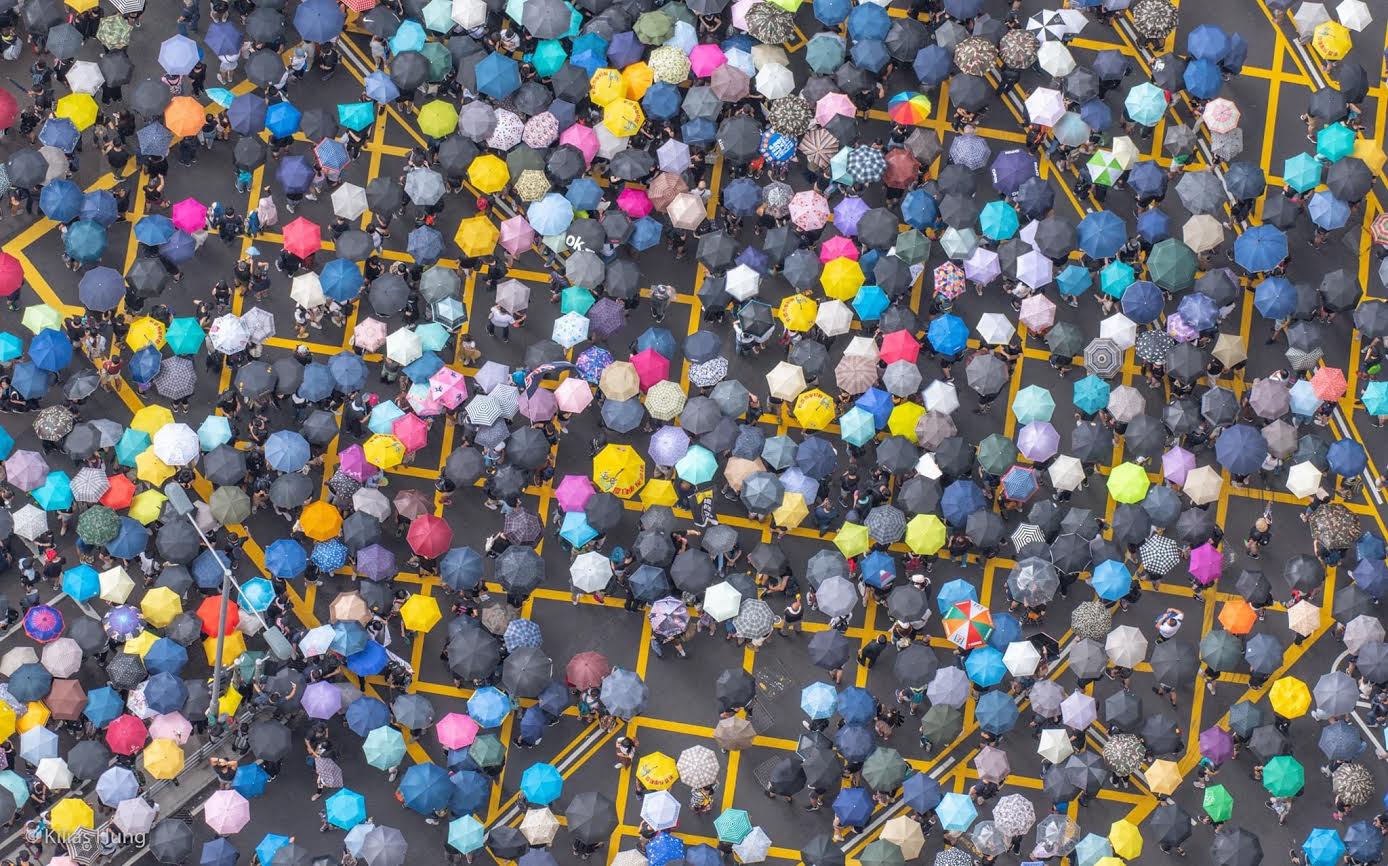
(The 2019 demonstrations – Kilias Hung)
I have met a whole spectrum of local people in the last 10 years. Whether they are positive or negative about their own circumstances or the country in general, almost all Croatians I have met are unwilling to leave their motherland. They love their country but hate the circumstances surrounding their livelihoods in varying degrees. Those who feel more helpless in their own situations are usually the more negative ones. They express it as anger, depression, bitterness or despair with an underlying agony. The desperate ones eventually try to improve their livelihoods by leaving Croatia. But they never think and want the departure to be permanent.
This, for me, is a familiar story because it is very Chinese as well. It happened to millions of Chinese all through history. I notice lots of similarities between Chinese and Croatian people when it comes to family, home and nation. Stability is at the core of our cultural DNA. So it is easy for me to understand the Croatian reluctance to leave their country and their yearning for home. But I did not see the connection between these cultural values and the negative emotions until Hong Kong started going through the biggest political repression and social trauma.
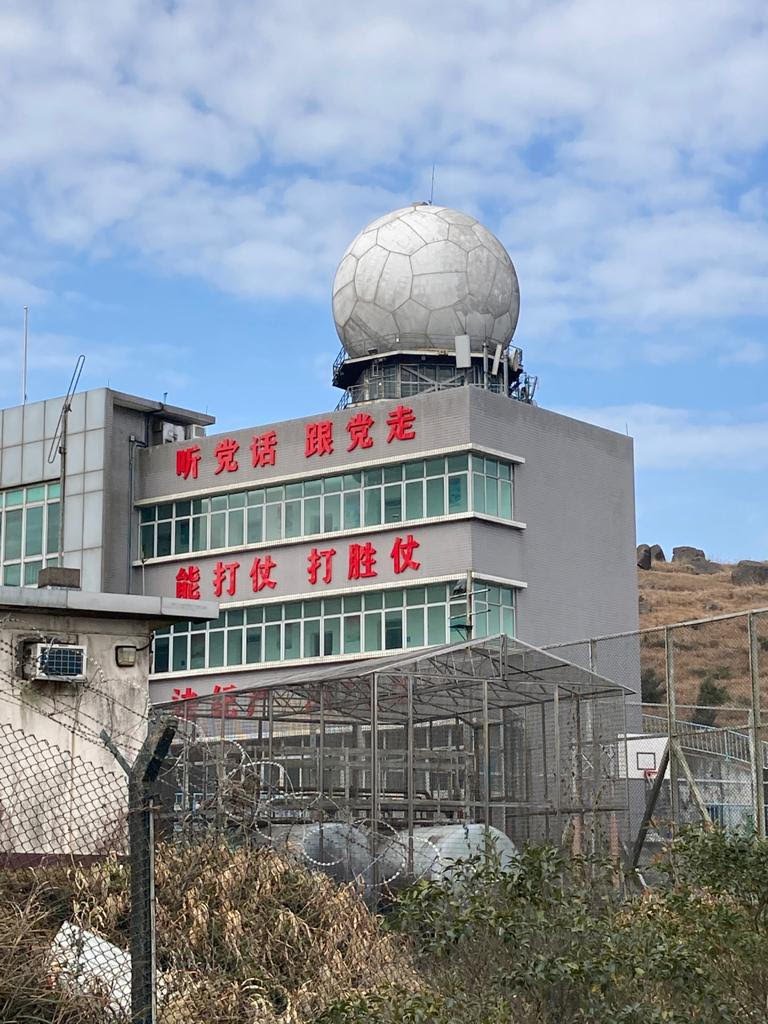
(This is a mysterious facility on the highest mountain in Hong Kong. The government is very vague about who is using it for what. The red slogans were put there at the beginning of 2021. They read from the top in simplified Chinese (Hongkongers use traditional Chinese): Following the (Communist) Party, listening to the Party. Capable of fighting, capable of winning. Photo credits: Lucia Yang)
Similar kinds of negativity are building up in Hong Kong as nepotism, incompetence, injustice and tyranny are spreading like cancerous cells. It is difficult for me to compare the situations of Hong Kong and Croatia. What I have learned after living in both places is that foreigners can “shield” themselves from the smallest to the biggest problems bothering local people on a daily basis. While foreigners can understand or even empathise with the local people, they rarely have the same kind of ownership to those problems. Foreign understanding of the local situation, no matter how deep or extensive, is still some emotional steps away from the local one. So I am in a strange “no man’s land” living in Croatia while checking on Hong Kong. But the negativity, expressed in similar nature and intensity in Hong Kong, seems to show me some glimpses into the Croatian sentiments.
Grief and anger start when the unthinkable world is unfolding and turning the familiar life upside down. Outrage and frustration follow when the worse is never the worst. Bitterness and despair seep through when the unacceptable acts become the new normality. People are traumatized in this process whether or not they are trying to find a way out. Venting is a way to keep their sanity and relieve the agony.
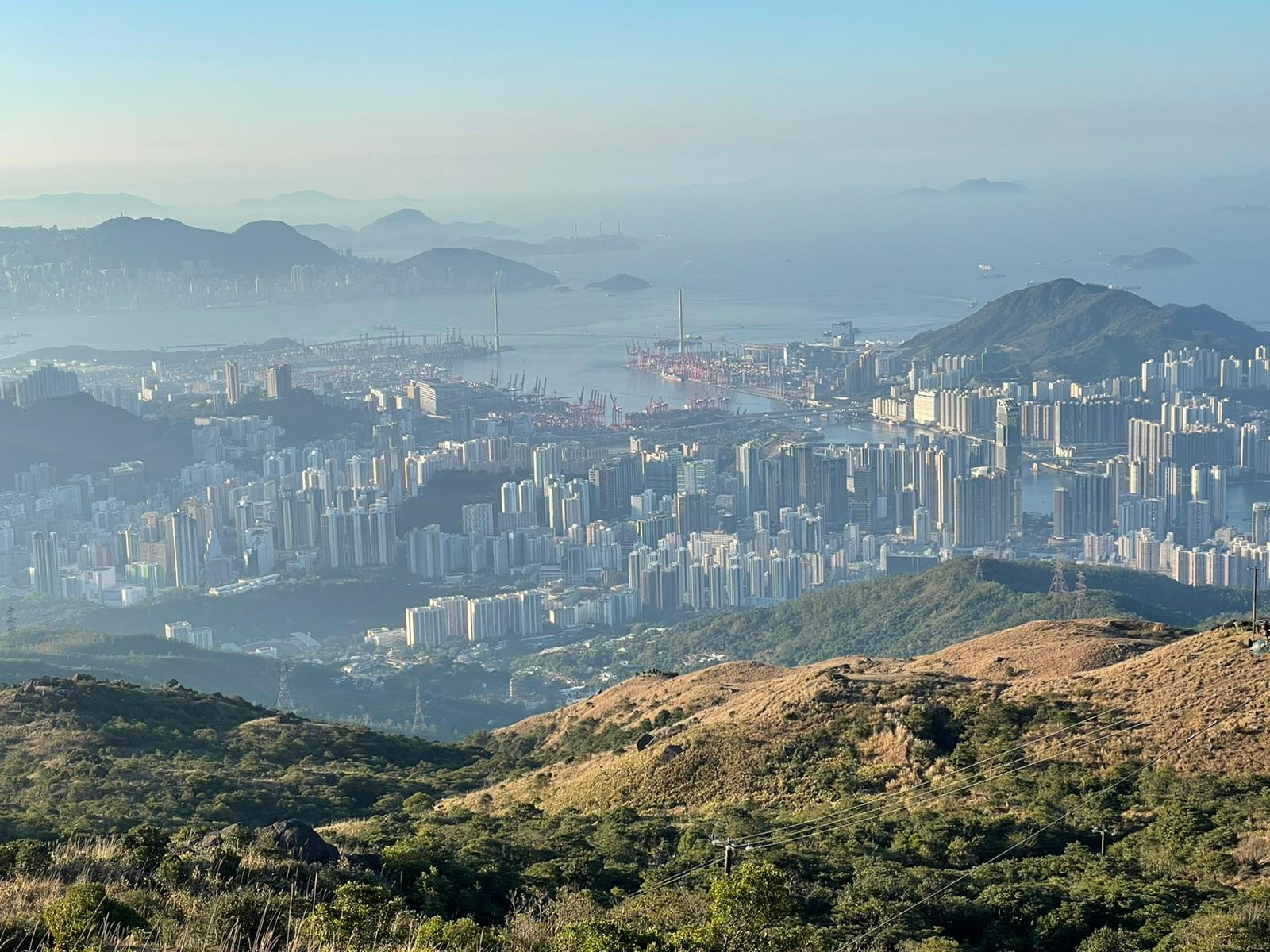
(Photo credit Nelson Tse)
What I have depicted is my own emotional journey through the collapse of a city to which I am not so heavily attached. The hardest blow, for me, is that Hong Kong does not deserve this tragic destiny. When the devastation strikes a place loved as the ultimate home and the best place in the world, the negativity of those people reaches the Croatian level.
I am not saying this is what actually happened to the Croatian people. The collective trauma in Hong Kong I incidentally witness simply gives me a different perspective on what I have experienced here. If Croatia is indeed a precedent of such traumatic malaise, the road of recovery is tortuous. People are just beginning to leave Hong Kong, go into exile, seek asylum or go into jail while the draconian rule is settling in place. Nobody knows how to get out of this dark and seemingly endless tunnel. Many Hong Kong people try to find inspiration and consolation from the works of Vaclav Havel. When I read “Power of the Powerless” 30 years ago, I never thought that it would get popular in Hong Kong. The possibility of that little shop he described in Prague could turn up in Hong Kong is completely surreal. Hope becomes the most valuable thing in the darkest hours. So it comes as no surprise that this quote of Havel’s circulates quickly:
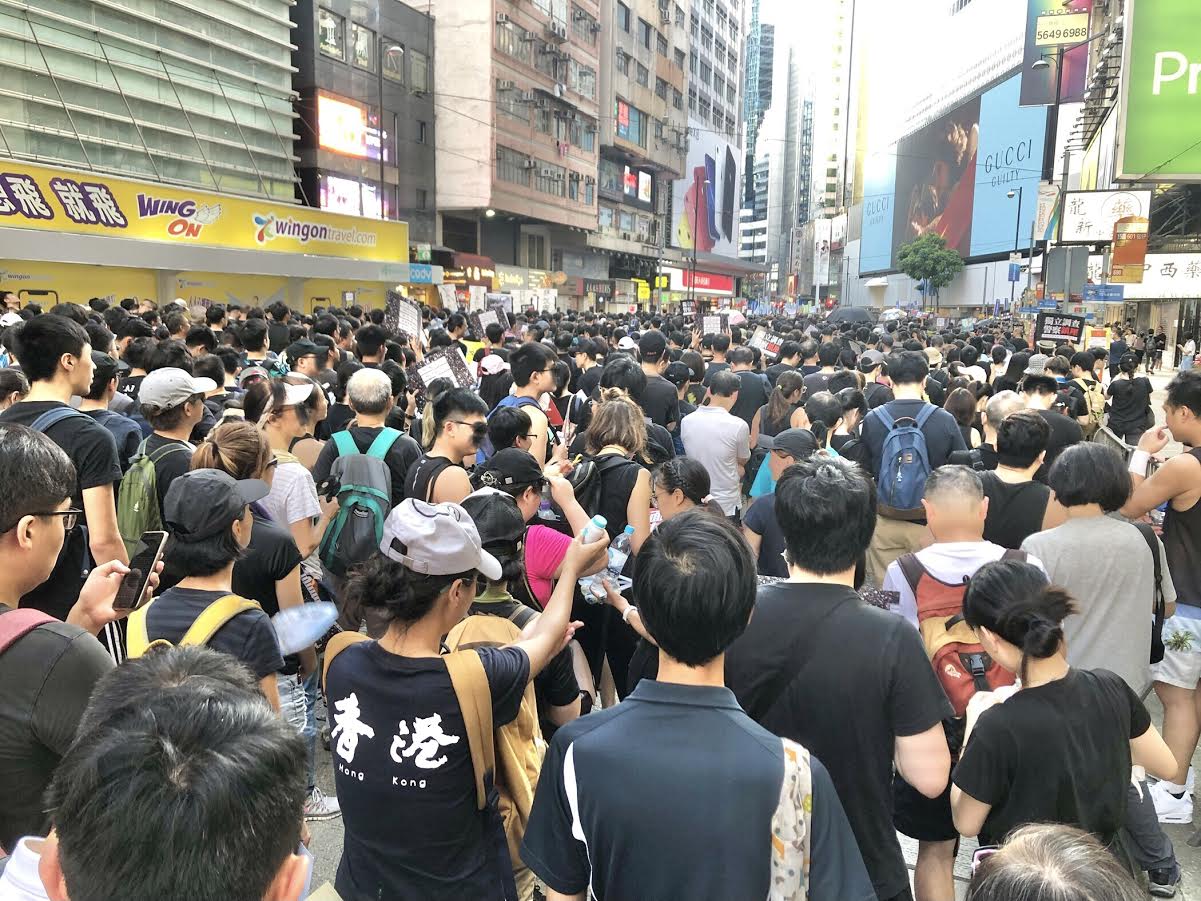
{Photo credits Kilias Hung)
Hope is not a conviction that something will turn out well, but a certainty that something has a meaning regardless of how it turns out.
The situations in Hong Kong and Croatia are completely different now and then. The similarities I have found are perhaps more for my own sake than anything: the kind gestures and the good deeds happening in a country many consider “hopeless” give me hope.
About Valeria Teo:
I left Hong Kong and moved to Split in January 2011 after meeting my husband outside kazaliste in 2007 and getting married in 2008. We have been welcoming guests to our apartments in Radunica since 2014. I also work as a tour leader whenever I feel like having a break from the craziness of being a full-time work at home mother. You may check out our website and follow our Facebook page.
If you would like to contribute to TCN, drop us a line at news@total-croatia-news.com Subject Writing for TCN.

